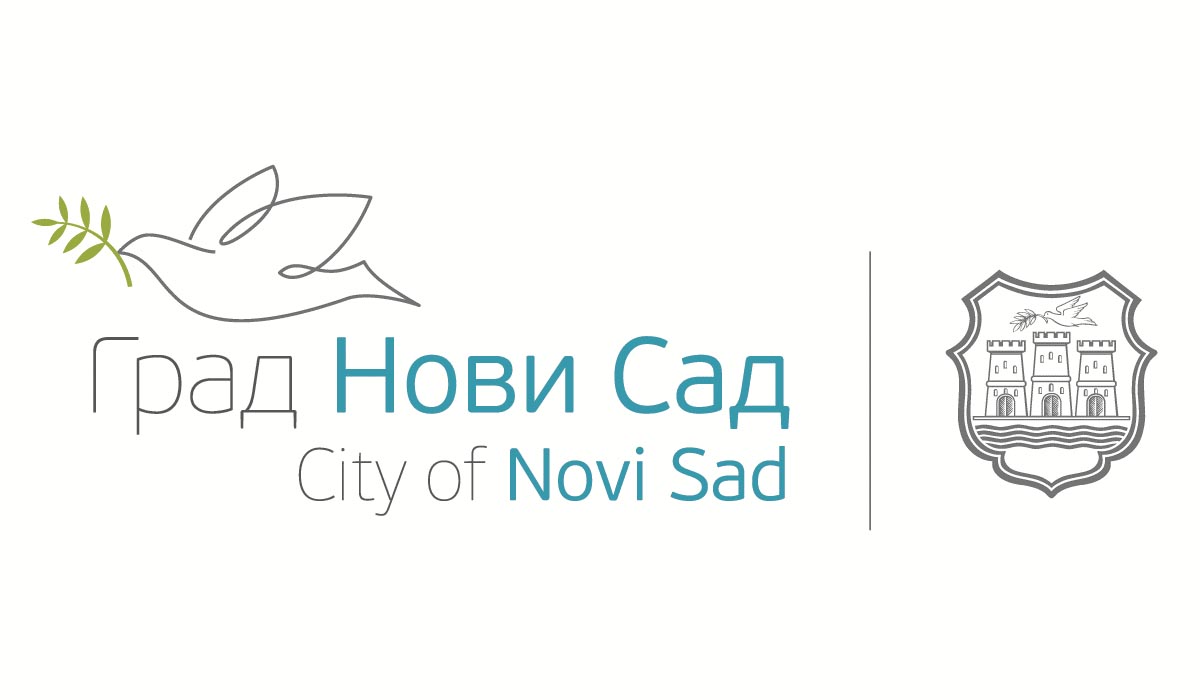THE TRAGIC CHORUS IN ANCIENT TIMES AND NOWADAYS: ITS ROLE AND STAGING
DOI:
https://doi.org/10.19090/i.2016.27.58-68Keywords:
Dionysus, the ancient tragedy, staging, imitation, authenticity, tragic chorus, directorAbstract
In this paper we shall try to clarify the role of the chorus in the origin and development of the ancient tragedy. We can rightly say that it represents the pinnacle of intellectual and artistic expression of the Greek civilization. We will point out historical circumstances and facts related to the existence of the chorus; the place the chorus has in Greek society and on the stage as well as its characteristics will also be discussed.
In the second part of this paper, possibilities of reviving the ancient drama, especially tragedy on the modern scene, shall be discussed. Should one aspire towards a more faithful imitation or a creative interpretation? What are the difficulties a director is facing when he has to decide what to do with the chorus? Is there only one answer or are there more?
Downloads
References
Aeschylus, Prometheus Bound and Other Plays, Translated With An Introduction By Philip Vellacot, London: Penguin Books, 1961.
Aristotel, O pesničkoj umetnosti, prevod s originala, predgovor i objašnjenja napisao M. Đurić, Beograd: Dereta, 2008.
Herodot, Herodotova istorija, preveo: Milan Arsenić, Beograd: Dereta, 2005. (Serbian Cyrillic)
Platon, Zakoni, preveo A. Vilhar, Beograd: Dereta, 2004.
Bajić, S. Od Eshila do naših dana. Pozorišne kritike i eseji, Beograd: Fakultet dramske umetnosti, 2011, 51-64. (Serbian Cyrillic)
Budimir, M. Sa balkanskih istočnika, Beograd: SKZ, 1969. (Serbian Cyrillic)
Crnković, K. „Veliko doba grčkog kazališta”, Latina et Graeca, 33, Zagreb: 1989, 69-80.
Dale, A. M. ’Classical Drama and its Influence, essays presented to H.D.F. Kitto, edited by M.J. Anderson’, The Chorus in the Action of Greek Tragedy, London: 1965.
Đurić, M. N. Istorija helenske književnosti, Beograd: Dereta, 2003. (Serbian Cyrillic)
Foley H. ‘Choral Identity in Greek Tragedy’, Classical Philology, 98/1, 2003, 1-30.
Goldhill, S. How to Stage Greek Tragedy Today, Chicago: The University of Chicago Press, 2007.
Goldhill, S. Reading Greek Tragedy, New York: Cambridge University Press, 1986.
Hristić, J. O tragediji, Beograd: Filip Višnjić, 1998.
______. Pozorišni referati II (Pozorište, pozorište IV), Beograd: Nolit 1996.
Jovanović, R. V. Pozorište i drama, Beograd: Vuk Karadžić, 1984.
Kot. J. Satisfakcija, Preveo s engleskog Đorđe Krivokapić, Scena, br. 5, Novi Sad: 1969, 207-212.
Maričić, G. Satirska drama danas: teorija ili teatar?, Beograd: NNK Internacional, 2008.
Milosavljević, T. Leksika srpskog prizrenskog govora. Doktorska disertacija. Kragujevac: 2016. (Serbian Cyrillic)
Nagy G. ‘Transformations of Choral Lyric Traditions in the Context of Athenian State Theater’, Arion: A Journal of Humanities and the Classics,3/1, 1994/1995, 41-55
Paduano, G. Antičko pozorište. Vodič kroz dela, Preveo s italijanskog Dušan Popović, Beograd: Clio, 2011.
Radulović, I. Maričić, G. Andokid, besednik koji je jednom pogrešio. Beograd-Novi Sad: NNK-Filozofski fakultet u Novom Sadu, 2013. (Serbian Cyrillic)
Rnjak, D. Antički teatar na tlu Jugoslavije. Istorija i savremenost. Zbornik radova, Novi Sad: Matica srpska, 1989, 22-23.
Romilly, de, J. La tragédie grecque, Paris: Quadrige-Puf, 1992.
Stamenković, V. Teorija drame XVIII i XIX vek, Beograd: Univerzitet umetnosti u Beogradu, 1985.
Story C., Ian and Allan, A. A Guide to Ancient Greek Drama, Malden, Oxford, Carlton: Blackwell Publishing, 2005.
Weiner A. ‘The Function of the Tragic Greek Chorus’, Theatre Journal, 32/2, 1980, 205-212.













